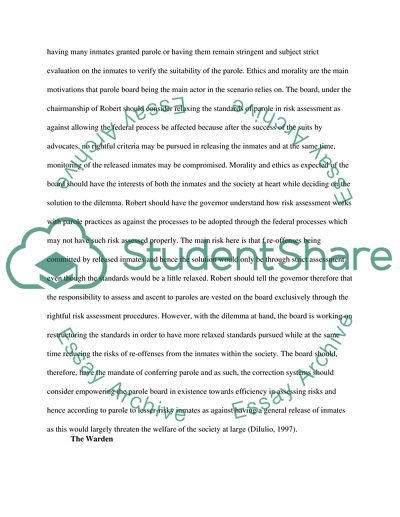Cite this document
(“Ethical And Moral Dilemma Case Studies Study Example | Topics and Well Written Essays - 2250 words”, n.d.)
Ethical And Moral Dilemma Case Studies Study Example | Topics and Well Written Essays - 2250 words. Retrieved from https://studentshare.org/social-science/1644787-ethical-and-moral-dilemma-case-studies
Ethical And Moral Dilemma Case Studies Study Example | Topics and Well Written Essays - 2250 words. Retrieved from https://studentshare.org/social-science/1644787-ethical-and-moral-dilemma-case-studies
(Ethical And Moral Dilemma Case Studies Study Example | Topics and Well Written Essays - 2250 Words)
Ethical And Moral Dilemma Case Studies Study Example | Topics and Well Written Essays - 2250 Words. https://studentshare.org/social-science/1644787-ethical-and-moral-dilemma-case-studies.
Ethical And Moral Dilemma Case Studies Study Example | Topics and Well Written Essays - 2250 Words. https://studentshare.org/social-science/1644787-ethical-and-moral-dilemma-case-studies.
“Ethical And Moral Dilemma Case Studies Study Example | Topics and Well Written Essays - 2250 Words”, n.d. https://studentshare.org/social-science/1644787-ethical-and-moral-dilemma-case-studies.


